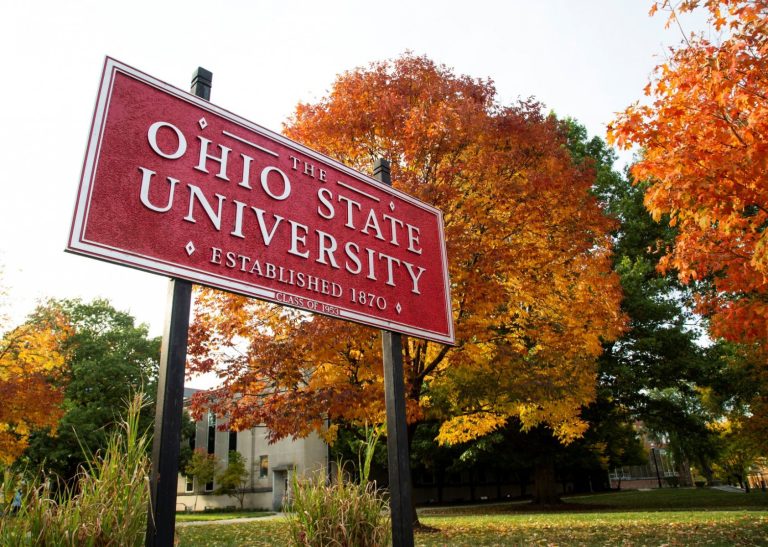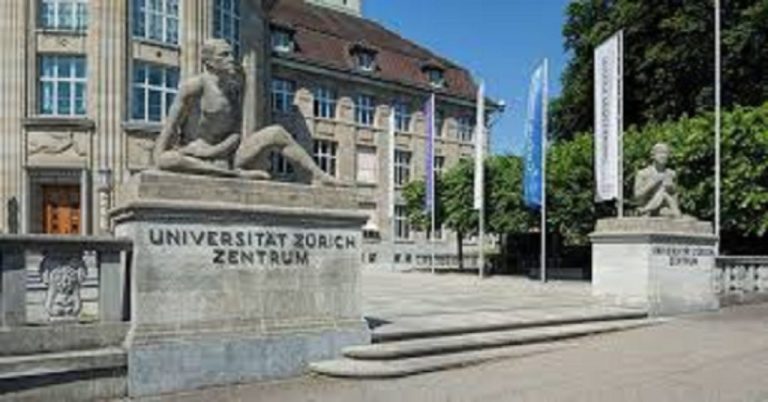
The Department of Quantitative Biomedicine combines biomedical research, with biotechnology, and computational biology to develop the foundations of next generation precision medicine. Within this environment, we are a research group aiming to understand the pathogenic mechanisms leading to two major neurodegenerative diseases: Amyotrophic Lateral Sclerosis (ALS) and Frontotemporal Dementia (FTD).
For more information please see; Polymenidou Lab
Your responsibilities
We seek a postdoctoral researcher to join our laboratory and engage in an ongoing project involving iNets, our unique model of human neural networks (Hruska-Plochan et al, Nature, 2024), and related methodologies. The study involves working with human induced pluripotent stem cells (iPSCs) and neural stem cells (NSCs) and performing long-term experiments with iNets. The candidate will utilize human stem cells to create novel neural models, will design, clone and prepare lentiviral vectors (LVs) and will perform immunofluorescence, cell sorting, RNA-seq and biochemical analyses of iNets to answer key exciting questions in the field of TDP-proteinopathies.
This senior postdoctoral position includes supervision to PhD and Master students, scientific presentations, manuscript preparation and grant writing.
Your profile
- A Ph. D. degree in neuroscience, cell biology, life sciences, biochemistry, or a closely related field. Prior postdoctoral experience is not essential but would be advantageous.
- The applicant should have substantial experience in cell culture, particularly in the culture and handling of human iPSCs, NSCs, neural cultures, and glial cultures. Experience with brain organoids would be a valuable asset but is not a requirement. Prior work with models of neurodegenerative diseases is advantageous.
- We seek an individual with exceptional organizational abilities, the capacity to operate independently, and a friendly, helpful, and open personality.
- iPSC cultures and neural differentiation experience. Immunofluorescent staining, imaging and data analysis.
- Live cell imaging is a plus.
- FACS and flow techniques and data analysis.
- Work with RNA and RNA seq prep (library prep, QC, etc).
- Basic RNA seq and single-cell RNA seq data analysis (extensive experience would be an advantage).
- Biochemistry techniques (cell and tissue processing, protein extraction and purification, western blot, IP, native protein analysis, etc).
- Molecular biology techniques (design of vectors, molecular cloning, PCR, plasmid preparation, and analysis).
- Lentiviral vector preparation (LV prep, titration, handling).
- Cell and developmental biology knowledge.
- At least basic neuroscience and CNS anatomy knowledge.
- Experience with image and data analysis. Coding in R is an advantage but not required. General knowledge of the Office package and Google docs is required.
- Proficiency in spoken and written English is required.
Information on your application
Please send a single PDF containing your cover letter and CV, including publication list and the contact information of at least two references via link below.
Applications will be considered on a rolling basis until the position is filled. Employment start date immediately or to be mutually agreed.



